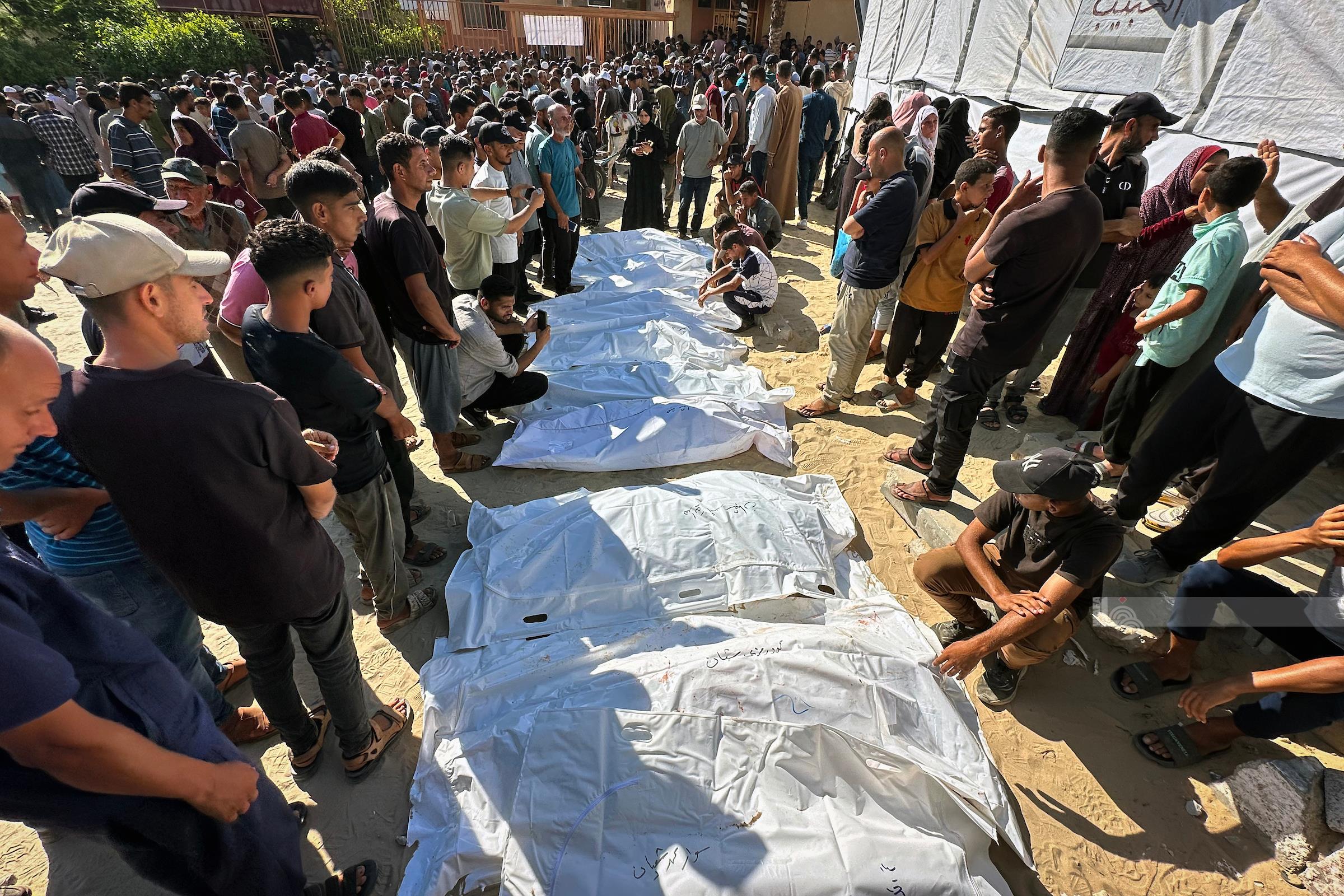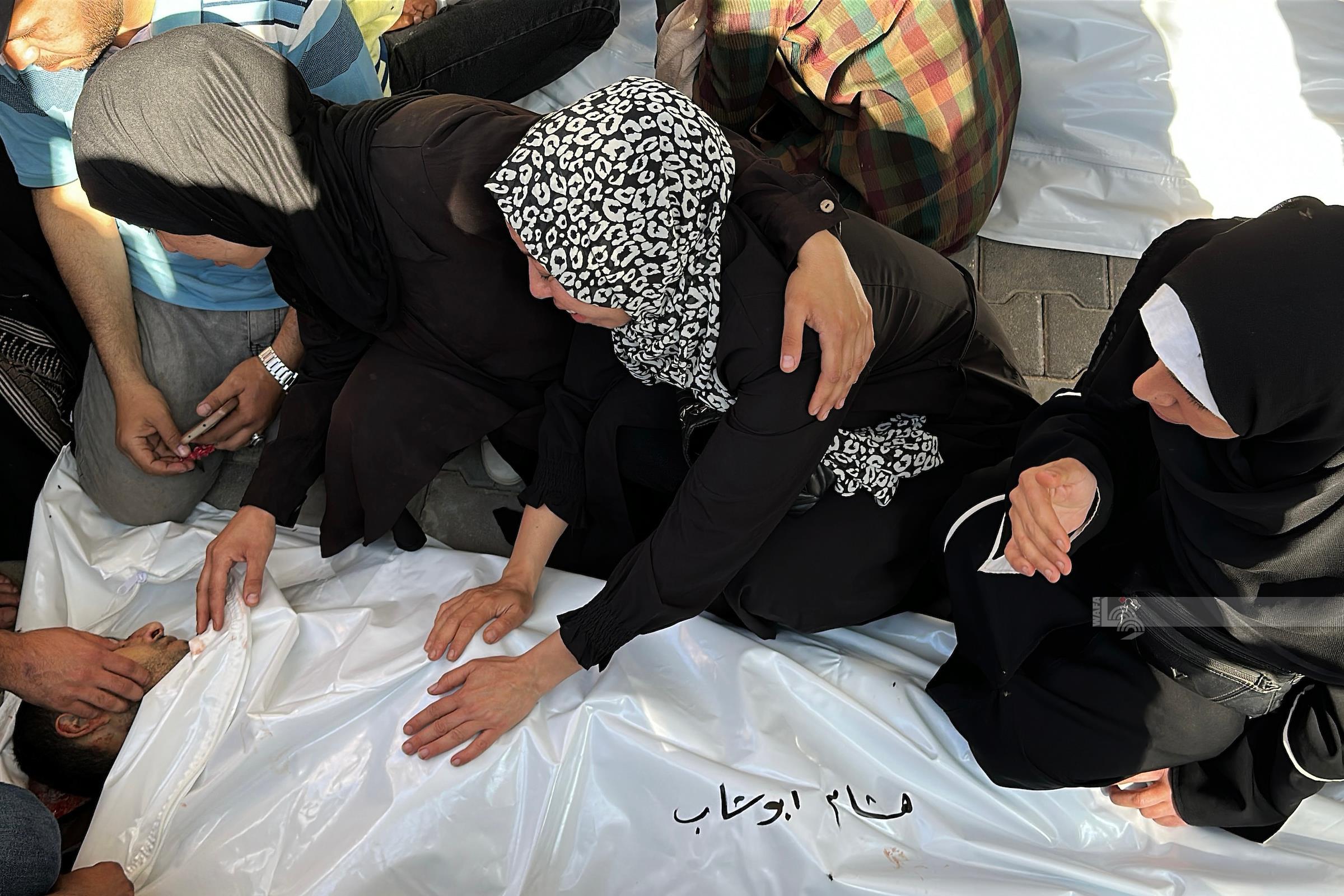RAMALLAH, January 25, 2009 (WAFA)- With a trembling voice, Abed Rahhal (25), started telling a story about a child who called SAWA center’s emergency hotline 121 asking how he should escape Israeli bombardment on his neighborhood. for over a week, since the Israeli aggression on the Gaza Strip started on December 27, 2008.
Abed, who answered the emergency hotline (121) launched by SAWA center, was staring at the ceiling. “I want you to write about this,” he said, “he is 12 years old. He was playing with his brother, his neighbor and his friend. He told me he went home because his mother called him, but as he entered the house, an Israeli plane bombarded the neighborhood. He saw his cousin’s head fly away, and his neighbor’s body buried in the nearby house’s rubble. He said, crying, that he dreams about them every night… he said that he was afraid to sleep…”
Abed’s voice showed that he, too, might have been afraid to sleep, it was obvious that he was traumatized, probably as much as the children he helped. He seemed very tired yet very fond of what he was doing.
Abed has answered hundreds of phone calls, from children or parents asking what they should do, how they should deal with their traumatized children, what to do in case of fire, panic, bombardment or any other case.
“A thirteen-year-old girl once called asking how she should calm down her little brothers who were crying in fear, but the phone line went off suddenly. She called back after a short time, her voice was shivering, and the sounds of her little brothers crying was heard over the phone, she said that her neighborhood has been bombarded… I calmed her down, and gave her some instructions on how to deal with such emergency situations, but I wonder what happened to that child, I wonder if she is alive, or was killed.”
The emergency hotline 121 was launched by SAWA center to help traumatized children in Gaza, and their parents get through the crisis with the least psychological effect possible.
“Yet, the mission is far from being easy,” said the Center’s lawyer Jalal Khader, “the phone networks in Gaza are damaged, so are the electricity networks, and we cannot spread the word on the hotline to make it known for all citizens.” He specified that documentation is one of the most important things to be done, because documentation makes the tangible evidence that ensures the victim’s rights to be guaranteed.”
SAWA center’s hotline 121 has become the Gaza Strip’s space to vent their fear and frustration, to seek information on how to deal with trauma, danger or difficult situation. It does, evidently, serve the Center’s vision to alleviate suffering of women and children, to protect them from all types of violence and, most important, to teach them how to protect themselves.










